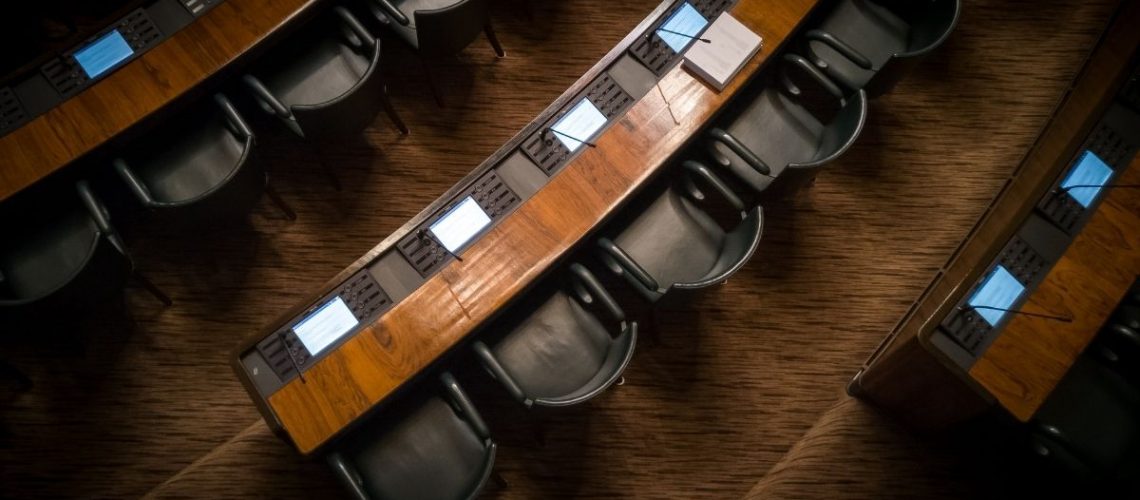The number of Veterans elected to serve in the 117th Congress of the United States beginning in 2021 represents a shrinking contingent of elected Veterans in our legislature. According to Defense News, “In 1973, nearly three in every four members of Congress had some type of military service. In 2021, it’ll be about one in every six members who have military experience.” This is the lowest Veteran representation in Congress since World War II. To put the decline into context, Military Times reports that “Since the start of the 93rd Congress in 1973, when 390 lawmakers (about 73 percent of Congress) had some type of military experience on their resumes, the number of veterans in Congress has declined steadily.” By 1993, this number dropped to 236 Veterans serving in Congress, and by 2011, the numbers dwindled down to 118 Veterans in Congress. The number of Veterans serving in Congress beginning in 2021 is even lower.

Here is a breakdown of the 91 Veterans serving in both the House and Senate in the 117th Congress, according to Defense News:
- 17 will serve in the Senate, 74 will serve in the House.
- 28 are Democrats, 63 are Republicans.
- 13 served in the military in the 1960s or earlier.
- 50 served in the military after 2000.
- More than half (49) had overseas combat deployments.
- 15 are first-time lawmakers.
- 6 are women
But despite the declining numbers of Veterans serving in Congress, there may be a silver lining. According to Military Times, “Of the 79 lawmakers elected to the 117th Congress who are aged 45 or younger, 21 (about 27 percent) served in the military.” And according to the Congressional Research Service, “The average age of Members of the House at the beginning of the 116th Congress was 57.6 years; of Senators, 62.9 years.” So, in the coming years, as current members of Congress age and new blood gets pumped in, there is hope that a younger generation who has served post 9/11 will bring renewed Veteran representation to government.
Image Credit: Photo by Joakim Honkasalo on Unsplash
Public trust in Congress and our legislative process in this country has been trending downward over decades of perceived incompetence of our legislators. In fact, according to a poll by Gallup done in 2017, public trust in Congress was only 12%.


